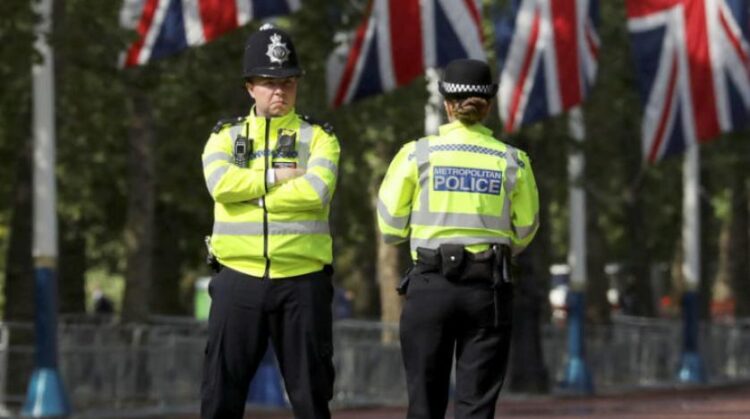London police have lost the confidence of the public because of deep-seated racism, misogyny and gender bias, according to an independent review commissioned by the Metropolitan Police Service (MPS or Met) after a young woman was raped and killed by a serving officer.
The Metropolitan Police Service, which has more than 34,000 officers and is Britain’s biggest police force, must “change itself” or risk being broken up, the report by Louise Casey, an expert on victims’ rights and social welfare, said on Tuesday.
“It is not our job as the public to keep ourselves safe from the police. It is the police’s job to keep us safe as the public,’’ said Casey.
“Far too many Londoners have now lost faith in policing to do that.”
In a preliminary report released in October, Casey found that the department had failed to properly vet and train officers, and had allowed officers to remain on the job even after they were accused of domestic abuse or racial harassment.
Part of the problem is that there is a culture of denial in the department, with leaders adopting a “we know best” attitude that leads them to dismiss outside critics, the review found. Funding cuts, along with the decision to close local police stations and effectively end community policing, also contribute to the situation.
Underlying all of this is the way the force is managed, not its size, the inquiry found.
“The Met is run as a set of disconnected and competing moving parts, lacking clear systems, goals or strategies,” the report said. “It runs on a series of uncoordinated and short-lived initiatives, long on activity but short on action.”
The Casey review was commissioned after a serving officer raped and killed Sarah Everard, a young marketing executive as she walked home from a friend’s house in March 2021, prompting a national outcry as women shared their experiences of being threatened or attacked when walking alone.
Casey’s review found that the department hasn’t treated violence against women and girls as seriously as other forms of violence.
The 363-page report also painted an alarming picture of how crimes against women and children are investigated due to a shortage of funding and a lack of specialised officers trained to handle these cases.
The report found widespread bullying in the department, with one in five staff members that have protected characteristics — such as race, gender or disability — being victims.
“Female officers and staff routinely face sexism and misogyny,” the report said.



